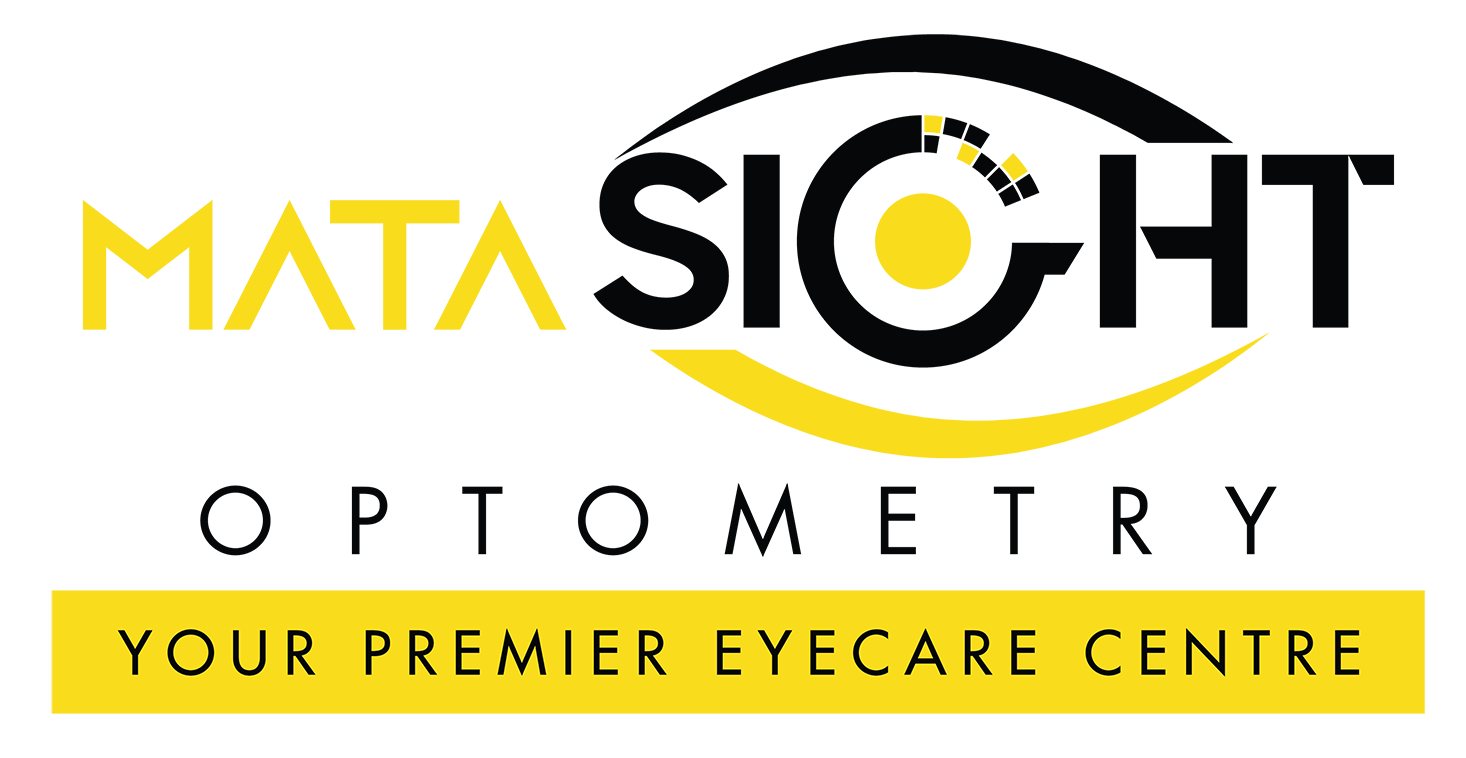Effective Treatment for Binocular Vision DysfunctionMany individuals experience elusive vision problems without fully comprehending their roots or resolution. Binocular vision dysfunction (BVD) constitutes one such confusing ocular condition, but Binocular vision therapy exists to tackle its unpredictable symptoms. Let’s explore this topic in detail. What is Binocular Vision Dysfunction? BVD arises when our eyes fail to function cohesively, preventing fusion into a single clear image. An umbrella term encompasses various eye misalignments, movement disorders, and neural processing irregularities. Common identities under this designation involve strabismus, wherein eyes diverge instead of fixing simultaneously on an object, and amblyopia – often called “lazy eye” due to reduced vision in one eye without an identifiable organic cause. Symptoms of Binocular Vision Dysfunction Due to perceptual conflict between the eyes, BVD produces versatile signs capable of tormenting victims. Visual symptoms like blurred vision and diplopia arise, in addition to physical woes such as headaches, dizziness, and motion sickness. Concentration difficulties, learning challenges mimicking dyslexia, and reading problems reflect cognitive tolls. Psychological stress also emerges through light sensitivity, panic induced by large spaces, and loss of confidence in abilities. Regardless of manifestation, seeking treatment proves prudent to quell suffering. Diagnosing Binocular Vision Dysfunction Comprehensive eye evaluations constitute the frontline diagnostic strategy. Optometrists carefully assess ocular alignment, convergence, and fields of sight for irregularities. Supplementary tests help discriminate against specific causative factors. Physicians search for red flags such as lack of coordinated fixation or defective image-blending abilities between the eyes and brain. Screenings encourage early capture of BVD and are amenable to intervention before firm entrenchment occurs. Precocious diagnosis paves the road to restoration of normalcy. Causes of Binocular Vision Dysfunction Diverse factors can prompt or contribute to BVD’s emergence and binocular vision dysfunction treatment. Refractive anomalies, strabismus, and neurological derangements number among prime eye-centric origins. Additionally, head traumas through concussions or accidents affecting the visual system hold culpability. Crucially, having multiple predisposing conditions sequentially or concurrently dramatically amplifies one’s susceptibility. While causes vary, early detection and diligent care allow functional restoration in most circumstances. Binocular Vision Therapy For many BVD types, binocular vision therapy presents a highly fruitful treatment course. Therapists systematically retrain dynamic visual skills individually through customized eye exercise routines- like physical therapy. Patients also carry out therapeutic activities at home, with guidance provided by their optometrist or orthoptist. This modality proves particularly effective for refractive misalignments and issues involving convergence, such as amblyopia or convergence insufficiency. With dedication, regaining stereopsis becomes attainable. Managing Binocular Vision Dysfunction Developing expertise in pinpointing and addressing their disorder’s root underpinnings empowers individuals with BVD to take assertive control. Regular comprehensive eye exams allow for detection progression while facilitating early intervention. Complying devotedly with recommended vision therapies and refractive corrections proves paramount for attaining optimal outcomes. Lifestyle tweaks supporting visual wellness further optimize visual functioning over the long haul. Through perseverance and collaborative care with vision specialists, relieving distressing BVD signs becomes achievable for most affected patients. The future shines brightly through proactive self-care. Conclusion Suppose you experience bothersome vision symptoms like blurred or double vision, eyestrain, headaches, depth perception, and reading issues. In that case, scheduling an evaluation with a qualified eye care specialist is essential. Binocular vision therapy and binocular vision dysfunction treatment options tailored to the individual needs help resolve underlying visual issues. Matasight Optometry provides comprehensive and personalized eye care to help patients achieve and maintain optimal vision health. Whether you need a routine dilated eye exam, specialized assessment for presbyopia, myopia management support, or binocular vision dysfunction treatment, consider scheduling an appointment with MATASIGHT today! |




No comment